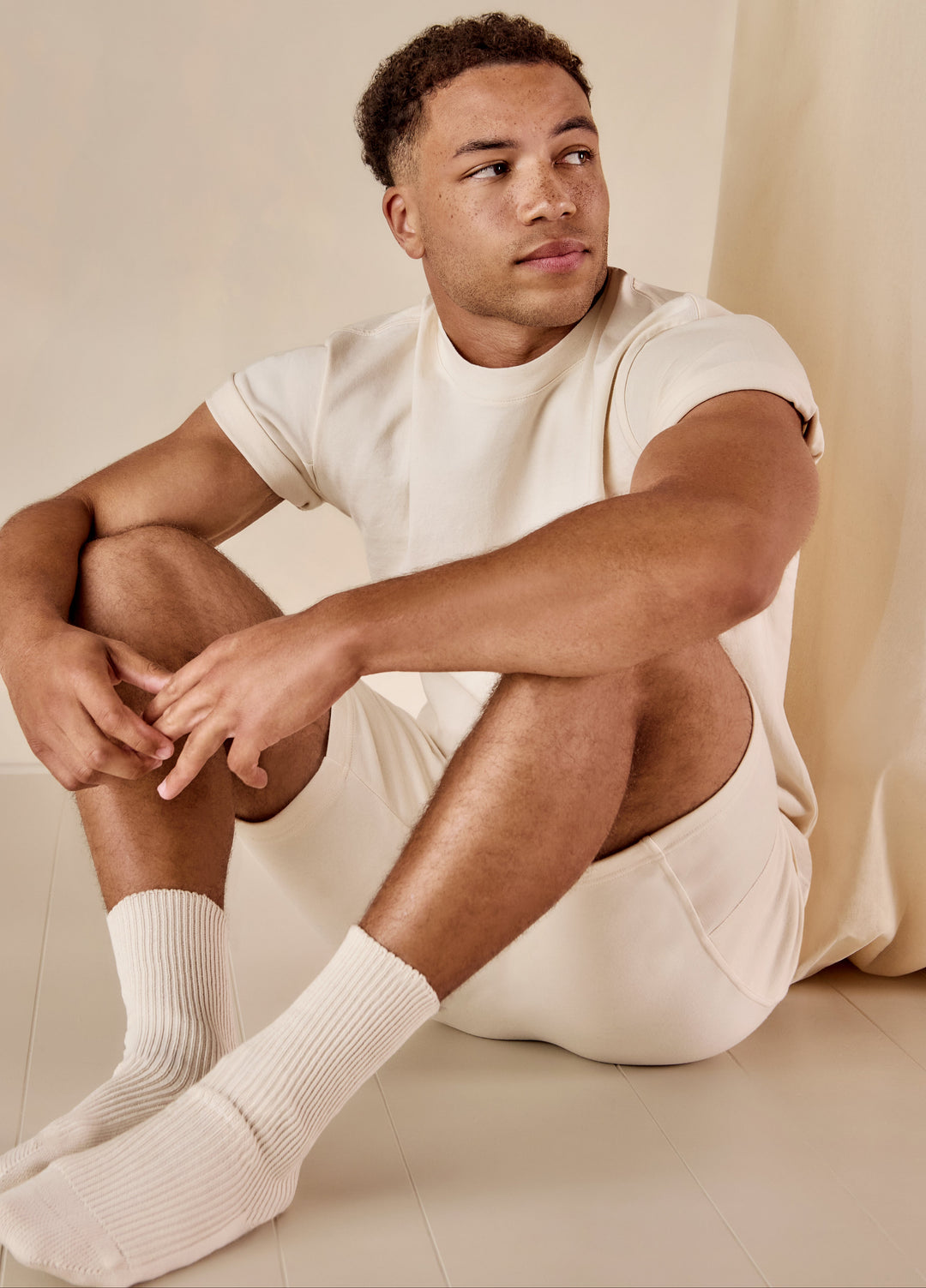Here’s Why You Should Change and Wash Your PJs Regularly
Our pajamas are the most comfortable clothing that we own and they even help us sleep better. But how often should we change and wash our PJs? The truth is, most of us don’t do it nearly often enough.
Experts have warned that not changing your PJs or any sleepwear regularly enough could make them a breeding ground for all sorts of bugs and illnesses. Not only that, the way we wash them is important to prevent bacteria from growing and spreading to our clothing and skin. Here’s why you need to change your PJs everyday:
Staph Infections
Staph bacteria is a very common microbe that we pick up on our skin, noses, and mouths, usually without consequences. But if you wear the same piece of fabric over and over again, the bacteria will collect and thrive in your PJs. Eventually, it will get inside your skin via ingrown hairs and cuts. Washing and changing your pajamas frequently will kill off staph, and prevent infections.
Pimples

If you don’t change your PJs often, bacteria, oil, and dead skin cells will build up in the fabric and will be pressed right up against your pores and lead to painful and unsightly pimples or even sebaceous cysts.
Dust Mites
These are microscopic creatures that love to eat dead skin. They are so attracted to your bed and pajamas which are full of dead skin cells that you shed during your sleep. Dust mites can also cause respiratory problems especially when you’re sleeping.
Bad Odor
Not showering regularly will definitely make you smell. In order to banish bad odors completely, you also have to wear cleaner clothes. Dirty PJs absorb sweat during the night, and when they do, they attract bacteria which causes body odor.
Bad Allergies

Sleeping in used pajamas can lead to a serious jump in skin allergies. If you are allergic to dust, it will be better for you to change your nightwear everyday. Dust allergies, asthma, and other respiratory disorders are worse at night because it is harder to breathe while you’re lying down. The addition of dust mites and dead skin cells makes it even worse, and increases the likelihood of an allergy or asthma attack.








